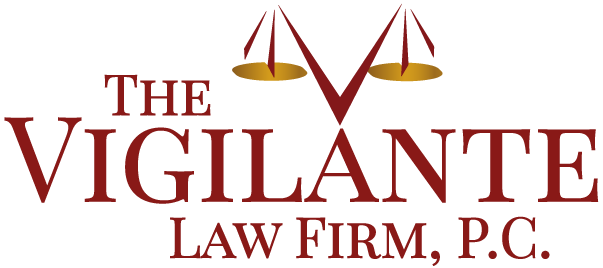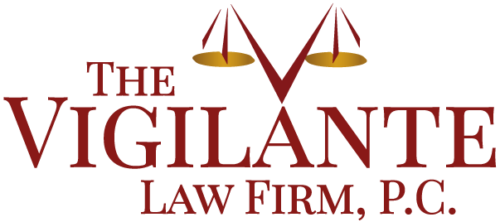
In 2011, New Jersey enacted a provision into law that set a residency requirement for all state employees. The New Jersey First Act applies to all employees in New Jersey government and politics, employees of state educational facilities, county, municipal, and subdivisions. The law requires that all of these employees have a primary residence within the state of New Jersey throughout the time that they are employed by the state.
It is important to note that there are a number of exemptions of this Act. The residency requirement doesn’t apply to employees that work as professors, teachers, or researchers at a university or college on a “per-semester” or other temporary basis. In addition, any full-time New Jersey state employee who works the majority of their hours outside of the state is not obligated to fulfill the residency requirement.
Any state employee is permitted to request to be exempt from the residency requirement. In order to do so, they will have to explain their critical need or hardship to a committee that is comprised of five people. Three of the committee members are appointed by the Governor, one will be appointed by the Speaker of the General Assembly, and finally, one will be appointed by the President of the Senate. The committee will have 30 days to vote on the exemption and if they fail to do so during that time, the exemption will not be granted.
It is important that all New Jersey employees abide by the residency requirement in order to maintain their position as state employees. It is important that this home is the legal residence, where the person is legally zoned to vote, and that this home is an obvious location of their domestic life. For example, children should attend school in that district, with the exception of those who go to boarding or private schools elsewhere.
If you have questions regarding the New Jersey First Act and the residency requirement, contact an experienced employment attorney today.


